Sudden shifts in the course of a river on a delta may be predicted
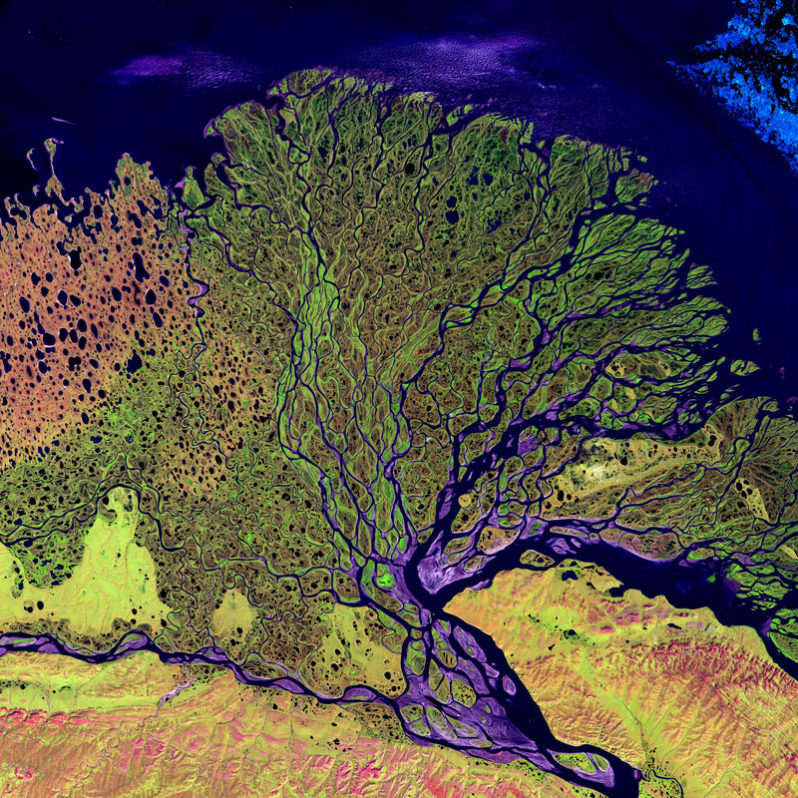
Scientists studying deltas show how they may be able to predict where destructive avulsions– where the flow of water through a delta changes its course – may occur. Many river delta systems are drowning because of rising sea levels. This could push avulsions farther upstream placing more and more communities in jeopardy, making an avulsion predicting tool even more vital.
Uganda: How Sand Mining Is Destroying Lake Victoria Catchment
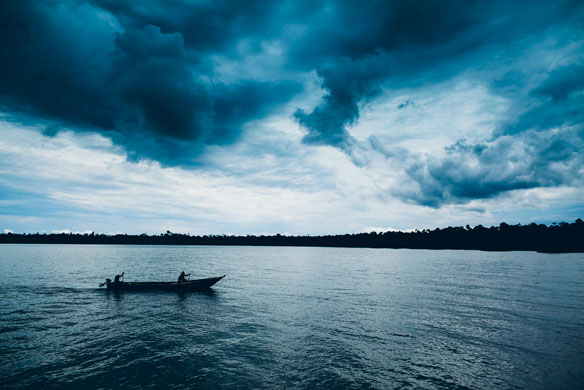
The expansive Lwera wetland is a major water catchment area that connects several rivers and wetlands in many districts and drains directly into Lake Victoria. For years on, the locals have lived in peace with the surroundings. However, over the past couple of months, sharp noises from sand dredgers are heard. Sand mining companies are breaching rules and are destroying the wetland.
Queensland’s mangrove ecosystem dying in secret
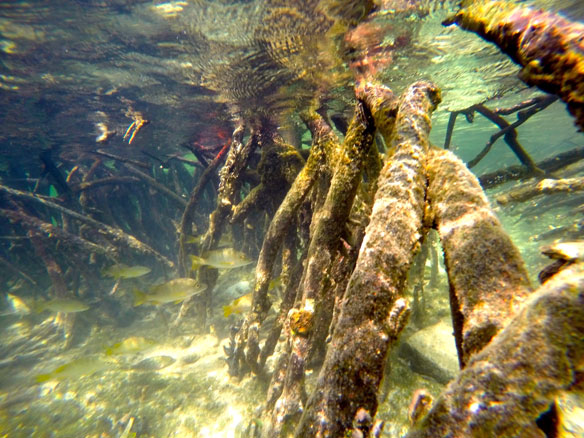
There have been large scale diebacks of mangrove trees in the Gulf of Carpentaria. Scientists are not exactly sure what happened up there in the most remote areas of Queensland, but they know the damage is extensive and unprecedented.
Activist’s action against illegal sand mining near Kihim beach, India
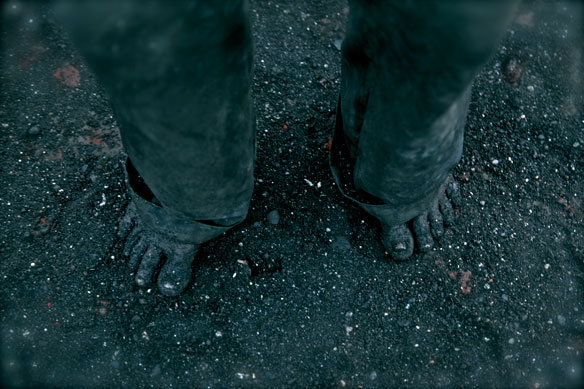
Activist Sumaira Abdulali, who has been threatened and attacked several times for raising the issue of sand mining, continues to raise awareness on the subject, to the local authorities.
What does a beach tells us about the European Union?
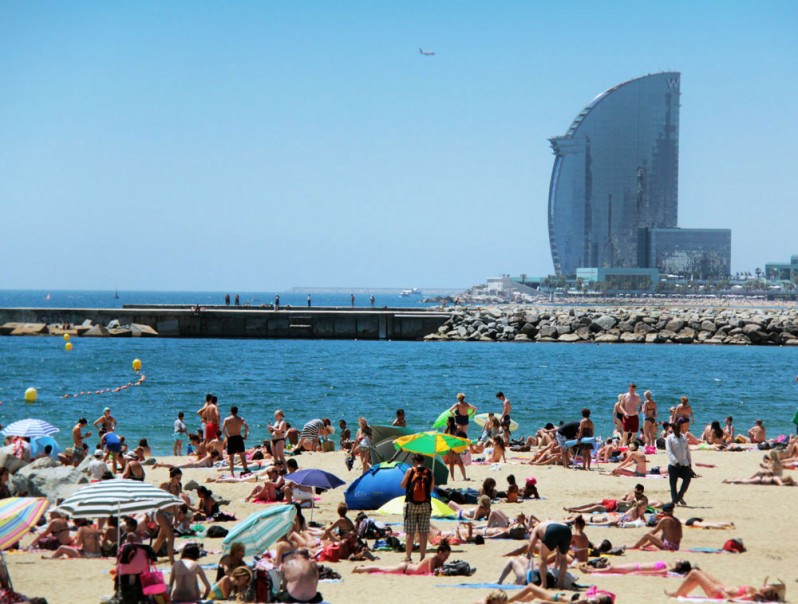
How the European Union has changed the sea and sand. A BBC News’ video clip.
Beach Erosion, Not Rain Was This El Niño’s Major Impact On West Coast
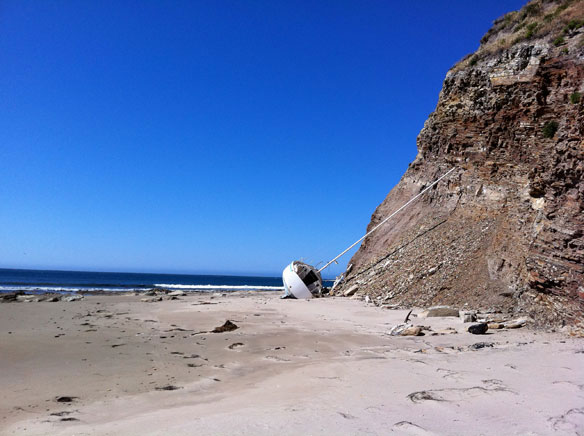
Research by Scripps Institution of Oceanography in San Diego California, has found that the 2015-16 El Niño caused major beach erosion and closed estuaries, even if it didn’t bring record rain.
Living shorelines a more natural approach to preventing coastal erosion
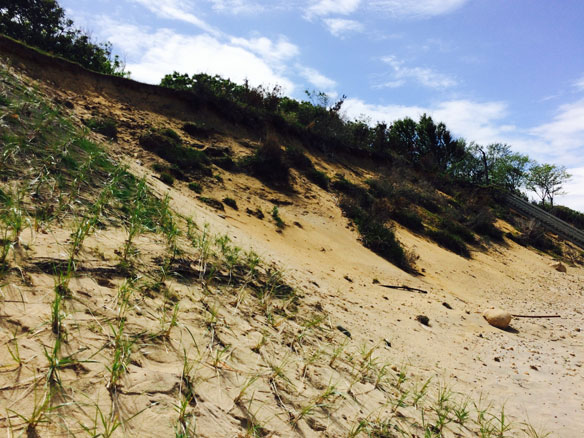
For centuries, large bulkheads have been used to help control erosion along coastlines. More recent research suggests that a natural approach may be a better alternative. Having nature on your side, especially during a storm or hurricane, is proven to provide better protection from coastal erosion.
Crimeans told to stop stealing sand from beaches
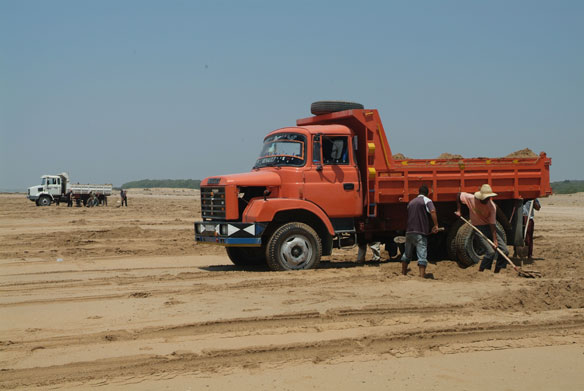
Officials in Crimea are warning people to stop stealing sand from tourist beaches, or else face a prison sentence. The peninsula’s beaches are being targeted by people who remove the sand for use as free building material, and at more remote beaches it’s being taken away by the lorry-load.
Scientists predict extensive ice loss from huge Antarctic glacier

Current rates of climate change could trigger instability in a major Antarctic glacier, ultimately leading to more than 2m of sea-level rise. By studying the history of Totten’s advances and retreats, researchers have discovered that if climate change continues unabated, the glacier could cross a critical threshold within the next century, entering an irreversible period of very rapid retreat.
